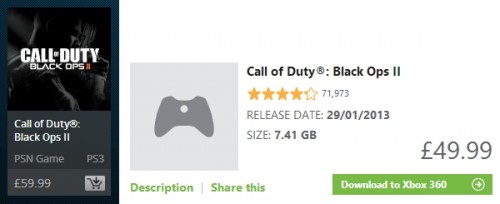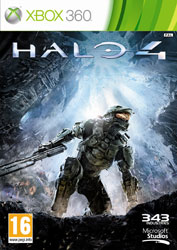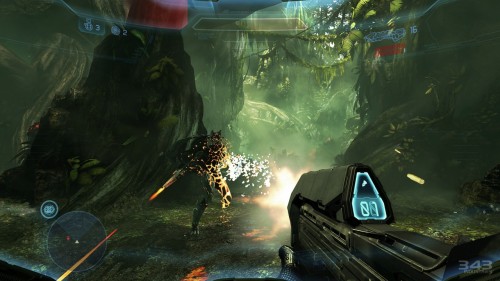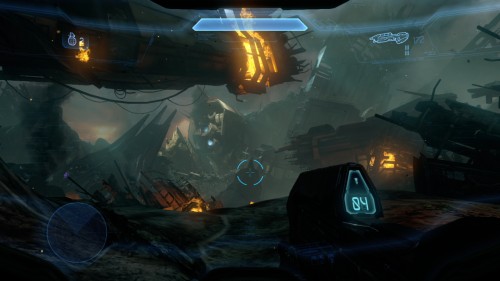Although I’ve resolutely been a multi-console owner since at least the 32-bit days, firmly believing that it’s impossible to get the full picture without having access to every game on the market, this is the first time I can remember a generation having such a clear frontrunner for where the best gaming experiences will be found.
In fact, I’ve tended towards the Xbox consoles for the last two generations, opting for the better online experience and typically stronger versions of third-party titles, keeping the Nintendo and Sony boxes for the more interesting first-party games.

Like many gamers, though, I’ve found myself disillusioned by Nintendo and Microsoft in the home console field. The Wii was a disappointment and the Wii U a non-starter, and the Xbox 360 has been on autopilot since Kinect launched, Halo 4 being a solitary bright spot in period that hasn’t been much better than the non-existent years 4-7 of the original Xbox. Microsoft apparently doesn’t know how to close out a console.
Perhaps Sony is actually suicidal, the only one who hasn’t realised that traditional consoles are dead and therefore heading for catastrophic losses, while hardcore gamers are stuck in their ways and unable to see the conventional gaming model collapsing around them.
Part of me thinks the latter is true and that the AAA model is unsustainable, but that’s another story.
It’s bizarre that Nintendo and Microsoft seem to be surrendering the hardcore market so meekly. Admittedly, the rewards are colossal if you manage to be the one who cracks the code and turns a gaming console into something as essential as a DVD player or DVR, but it’s gamers who supported this industry through thick and thin, and the market was certainly healthier a decade ago when they were being catered to with original, challenging games and there were more than half a dozen publishers.
But let’s not forget that it’s early days. Neither console has many games revealed and Microsoft’s promises of software support are aggressive, as they’ll need to be against Sony’s fleet of world class studios. Sony clearly has the edge in raw power – and that coupled with the aforementioned developers is a formidable mix – but that hasn’t ever guaranteed success in the console market. The industry’s history is littered with superior hardware beaten by its weaker but better supported, better marketed competition. Then again, the last time Sony was so clearly in the driving seat going into a new generation, so on the ball about giving gamers what they want, saw domination like we haven’t seen before or since.
All we know for sure is that this E3 is going to be spectacular.



 There’s no way Halo 4 should have been as brilliant as it is. Reopening a series that closed quite nicely, farmed out to a brand new studio for the fifth instalment in seven years. Just goes to show that throwing
There’s no way Halo 4 should have been as brilliant as it is. Reopening a series that closed quite nicely, farmed out to a brand new studio for the fifth instalment in seven years. Just goes to show that throwing 

